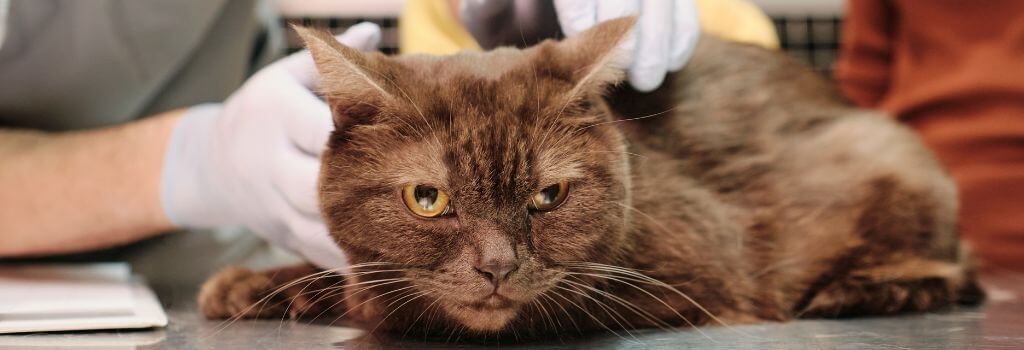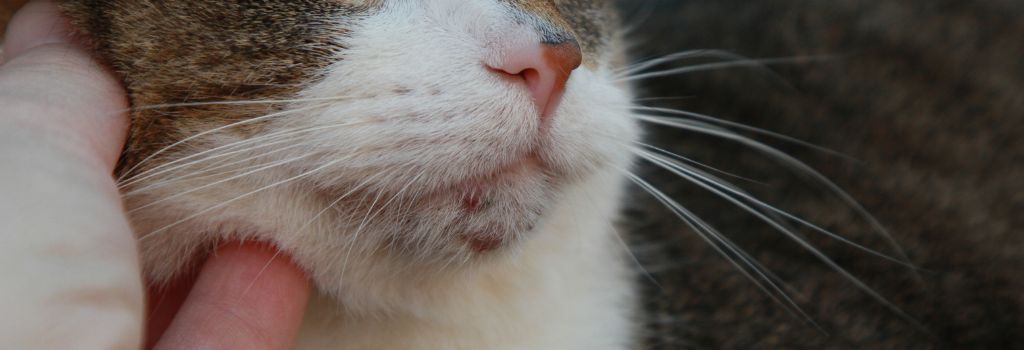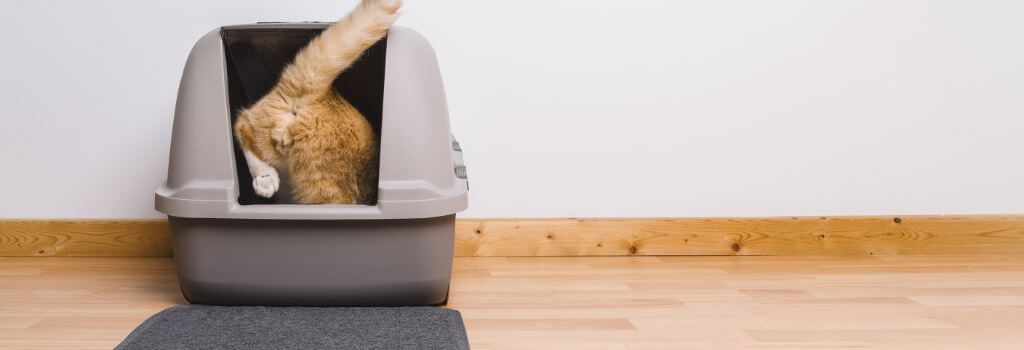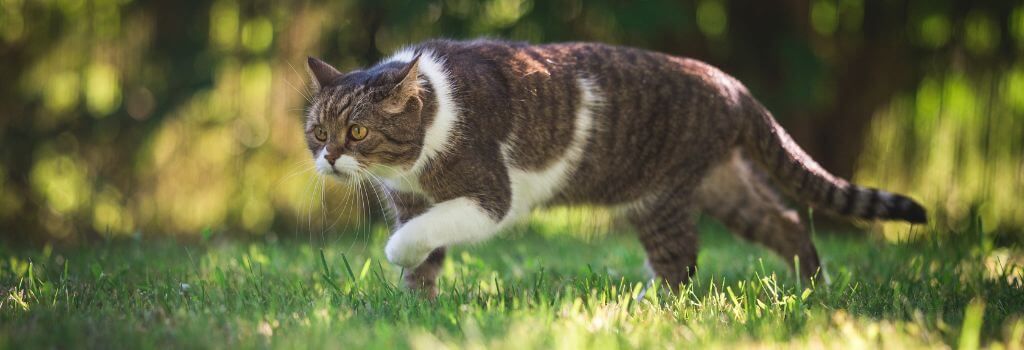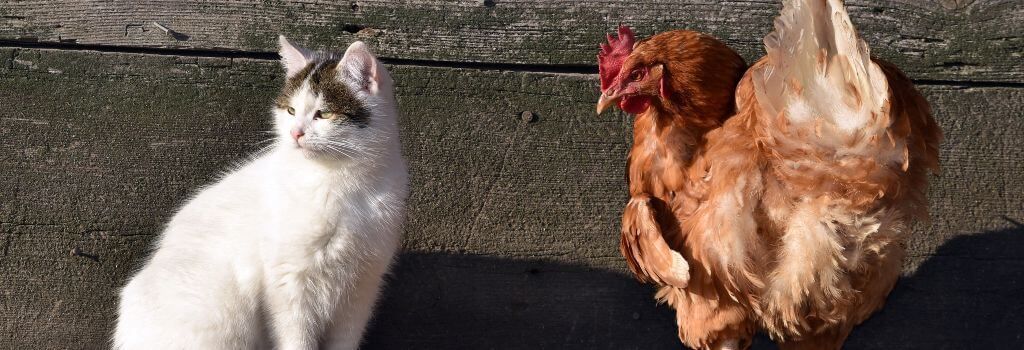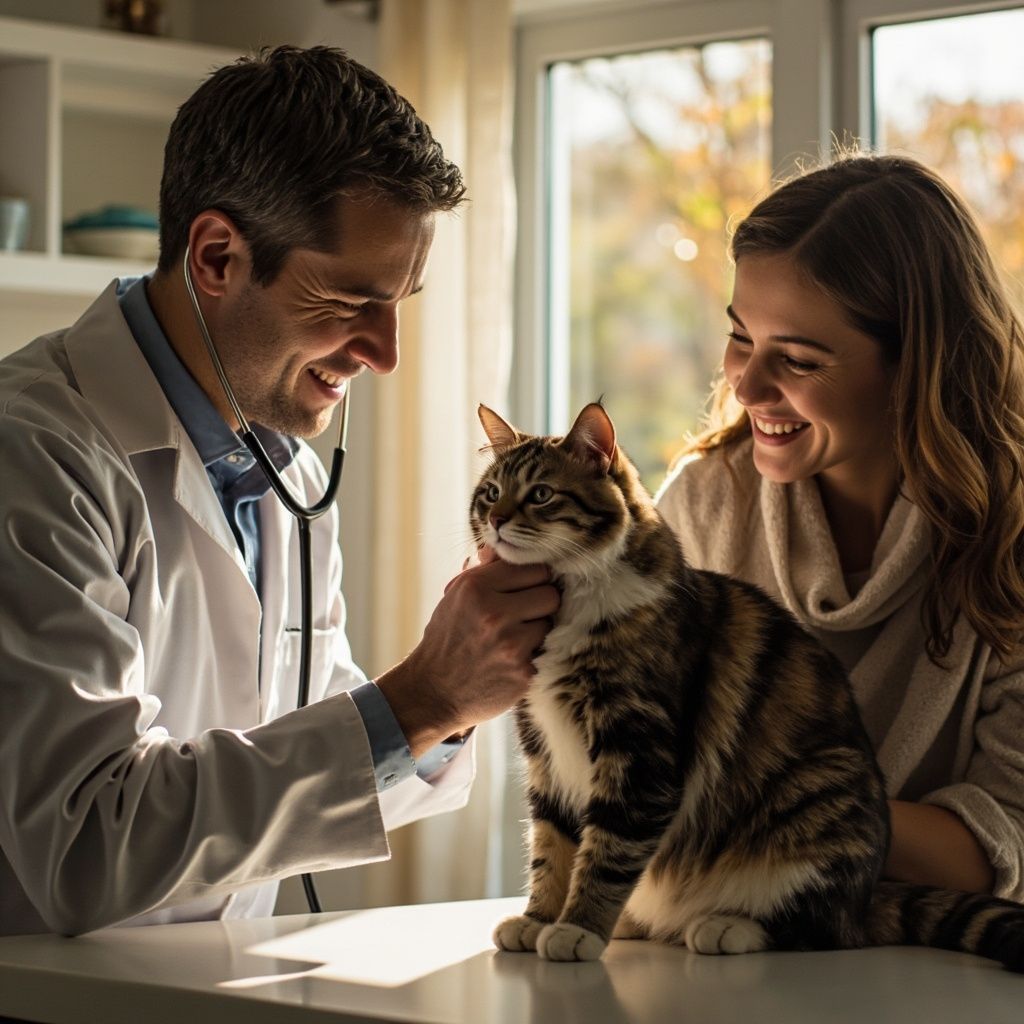Adopt a Senior Pet Month – 6 Reasons Why a Senior Dog or Cat Should Be Your Next Pet
November is Adopt a Senior Pet Month , a month that reminds us of all the incredible advantages that come with welcoming a senior dog or senior cat into your family. While it’s easy to fall in love with an adorable puppy or kitten , they come with plenty of frustrations during the training stage — a stage that is usually skipped when you adopt a senior pet. Below is a handful of reasons why you should select your newest family member from the divinely distinguished-looking gray-bearded senior population at the local animal shelter.
1. Love & Loyalty
Senior dogs and cats are just as loving and loyal as their younger counterparts, and in many cases, are even more loving due to the gratitude they feel once adopted. Senior dogs and cats tend to have the most extended stays in shelters, with their new owners being on the receiving end of endless love and fierce loyalty once they’re acclimated to their new forever home.
2. You’re Saving a Life
According to the ASPCA , the unfortunate reality is that 2.7 million of the 7.6 million pets brought to shelters each year are euthanized. Many of those euthanized pets are adult or senior dogs and cats, with younger pets prioritized due to the longer lives ahead of them. By adopting an older dog or cat this November, you’re sparing a life that may have ended prematurely due solely to shelter crowding.
3. Skip the Puppy and Kitten Training
Senior dogs and cats available for adoption likely lived in homes for years; therefore house training isn’t necessary for many when you bring them home. Most of them will also likely understand commands such as “leave it,” “stay,” “sit,” and more. The transition of welcoming a senior pet into your home is much easier — and far less stressful — than a new puppy or kitten that requires house training and learning the basics.
4. Less Monitoring
Much like house training is already understood, senior pets also require less oversight. Puppies and kittens are ultra-curious about the world around them, eating anything they can get their paws on and chewing everything from shoes to furniture. That exploration can result in repeat gastrointestinal issues and damaged goods around your house. Senior pets are often calmer and tend to be beyond the stage of sampling everything they encounter, therefore sparing your belongings.
5. Awareness of Medical Issues
When you adopt a senior pet, there is usually an awareness of any medical issues. This means the new pet owner is prepared for any treatments and medications that come with owning the dog or cat, unlike puppies and kittens that might have unknown medical issues or congenital defects. Those medical surprises can be costly and create stress for the pet owner versus being made aware of issues upfront and prepared for what it means financially.
6. Fewer Surprises
While most people love a good surprise, a surprise issue with a dog or cat isn’t a welcome one. Many senior pets in shelters are there by no fault of their own and surrendered due to a move, a family member allergy, or financial constraints. Senior pets available in shelters often come with a considerable amount of information, including the home environment from which they came, if they’re good with kids, if they enjoy the company of other pets, if they require being crated when away from home, their energy level, and much more. The shelter will also inform you of any behavioral issues that may require training to incorporate them comfortably into your life. The AVMA offers excellent insight regarding what to expect with a senior pet.
The next time you’re considering adding a dog or cat to your household, give serious consideration to a senior pet. When weighing the pros and cons, you’ll find that the many advantages far outweigh any disadvantages. As we celebrate Adopt a Senior Pet Month this November, visit your local shelter, and perhaps you’ll fall in love with a senior pet, making the decision easy.
Contact us if you would like to learn more about the benefits of adopting a senior pet, including what to anticipate from a medical perspective.
Recent Posts

